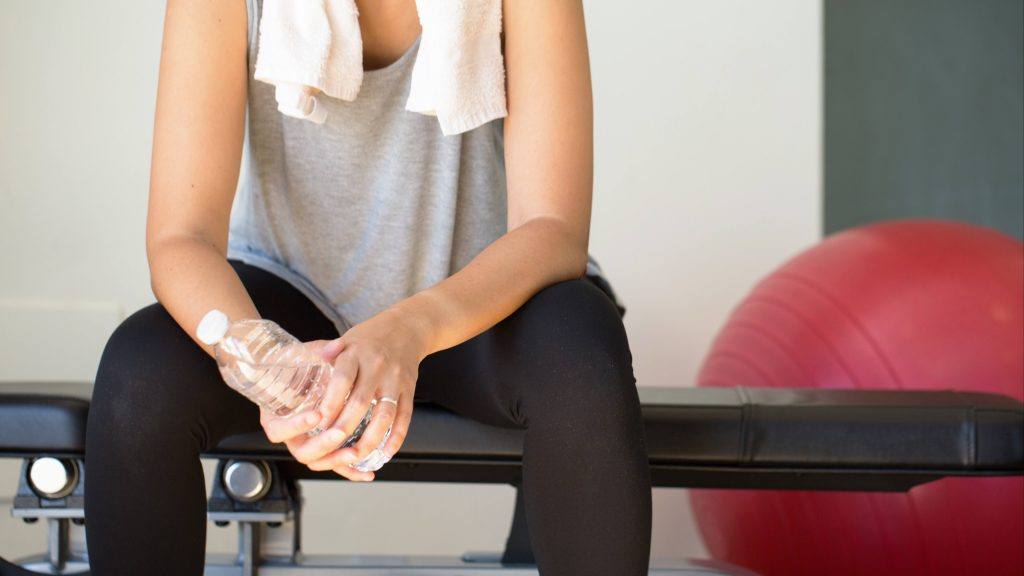-
Featured News
COVID-19: Exercise when ill; what’s okay and what’s not

Exercise is important for a healthy body and mind, but if you're feeling under the weather, you may wonder what's OK to tackle or if you should hang up your sneakers. Dr. Daniel Montero, a Mayo Clinic sports medicine physician, offers some advice for when to exercise.
"Exercise is medicine. If you have symptoms above the neck, things like runny nose, sneezing, of the common cold, such as nasal congestion or runny nose, or minor sore throat, you're OK to exercise," says Dr. Montero.
"Exercise may even help you feel better by opening up your nasal passages, for instance. But you may want to reduce the intensity and length of your workout, and limit group activities," he says.
Instead of running, for instance, go for a walk. “Any amount of exercise has benefits,” says Dr. Montero.
If you have a fever; body aches; fatigue; or other symptoms, such as a stomachache or hacking cough, Dr. Montero says it's best to stick with bed rest for a few days until your symptoms subside.
"We recommend you postpone exercise if you have symptoms 'below the neck,' such as chest congestion, hacking cough and upset stomach. And if you have a fever, it's best to give your body a few days to rest and recovery," he says. “A fever is your body’s way of telling you slow down and it’s important to listen to your body.”
Watch: Dr. Montero discusses whether you should exercise when sick.
Journalists: Broadcast-quality sound bites with Dr. Montero are in the downloads at the end of the post. Please courtesy "Daniel Montero, M.D., / Orthopedics / Mayo Clinic."
As you recover, go a bit slower when returning to exercise.
With current recommendations for social distancing around COVID19, you may want consider skipping the gym and taking your workout outdoors. Regardless of where you exercise ― at a gym or at home ― don't forget to wipe off equipment, including bikes, weights, benches and yoga mats.
And make sure you are saying attuned to your body's need for fluid. "Drink to thirst, but be aware if it's warm outside. You may need to take in more fluid," says Dr. Montero.
Talk with your health provider if you have concerns or experience additional pain or symptoms when you exercise.
Exercise guidelines call for 150 minutes of exercise a week.
Check the CDC website for additional updates on COVID-19.
For more information and all your COVID-19 coverage, go to the Mayo Clinic News Network and mayoclinic.org.







